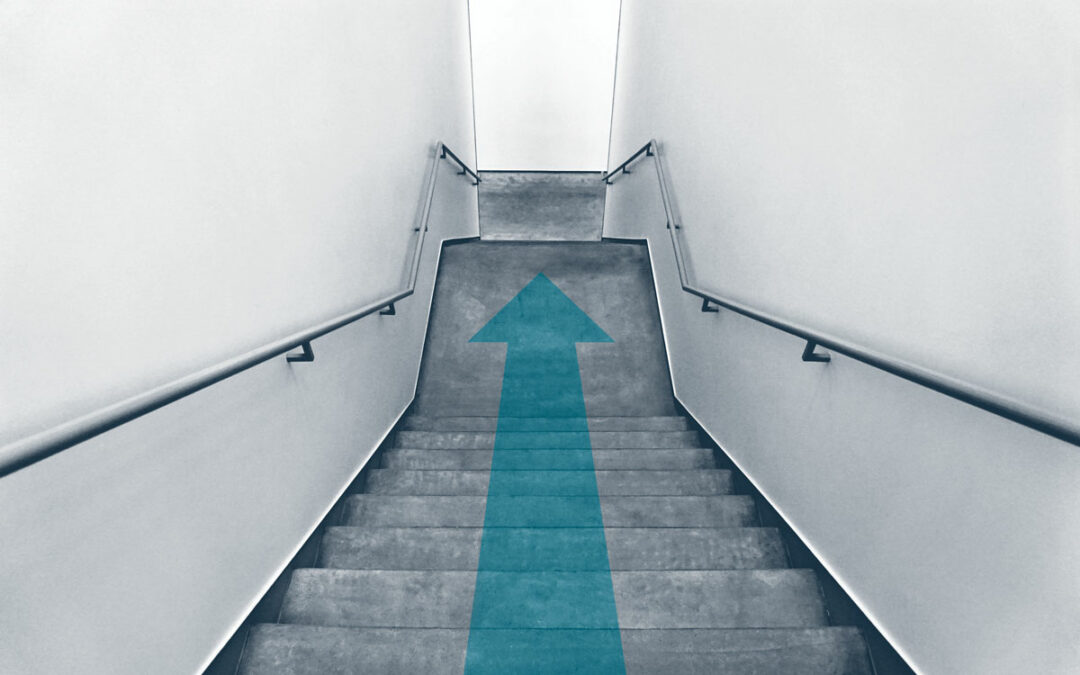Addiction: Why It’s a Progressive Disease
Cunning, baffling and powerful – that’s how many describe addiction, which is truly a horrific disease. It’s also progressive.
Once a person is addicted to drugs and/or alcohol, the disease gets worse if the person remains in active addiction. A vicious cycle takes over – more and more of the substance is required to get the same high. As more of the substance is consumed, the body’s physical and psychological need for the drug increases.
By Shayne Sundholm, CEO

Always worse
The phrase “It always gets worse, never better” is so true for addiction. As the addict’s mind and body crave more and more of the substance, the person becomes more incapacitated mentally.
Abhorrent behaviors become more bizarre and harmful as the disease progresses. Restlessness, irritability, discontentment, anxiety and depression escalate with continued use.
The physical consequences also get progressively worse. Many will eventually suffer permanent brain, liver, heart and kidney damage. The end game of active addiction is jail, institutions or death.
Silent stalker
An interesting aspect of addiction is that it seems to grow silently and unknowingly in those who have recovered. I have known people in strong recovery for over 20 or 30 years who have relapsed and within days they are sicker and consuming more of the substance than they did in active addiction!
After years in recovery, some addicted to heroin slipped back into addiction and died instantly. Their brain told them they could use the same amount they used years before, but now the result is a fatal overdose. Why?
While this phenomenon is not clearly understood, it appears to have a lot to do with old neuropathways opening again, and primitive areas of the brain resuming control over the individual.
Daily work is vital
What we tend to find with these types of relapses is a person who gets away from their daily recovery program. When addicts recover they essentially reprogram their brains. This reprogramming is maintained, honed and refined as part of daily recovery work.
Once a person stops doing this work, the healthy neuropathways shrink, and the old addiction pathways begin to open. The restlessness, irritability, discontentment, anxiety and depression return, and, sooner or later, the person relapses in order to quiet these negative feelings.
The disease of addiction is progressive in different ways, all of them life threatening. The best advice for the person in recovery is to “stay in recovery.” By this we mean doing their daily recovery work “daily,” especially when they don’t feel like it.
Form good habits
Daily recovery work can consist of many different things. For a lot of people, this includes morning prayer and meditation, attending 12 step meetings, exercise, diet, personal inventory or helping another person with addiction through sponsoring or recovery coaching.
Once a person in recovery has formed the habit of doing these things, they often become calm, at peace, considerate and selfless. Unfortunately, getting away from these healthy practices allows old addictive thinking patterns to return. The individual is then at risk of relapse. A daily personal inventory process often helps such people “stay on the beam.”


